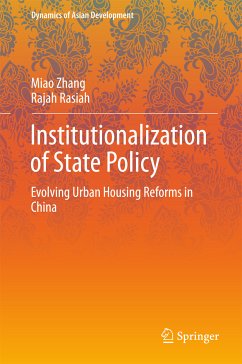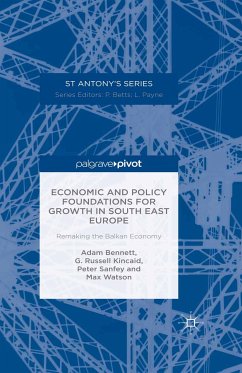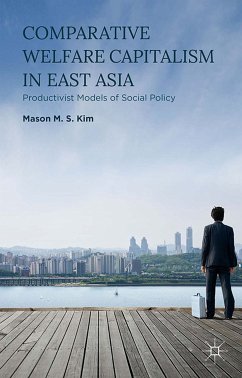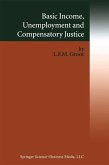Dieser Download kann aus rechtlichen Gründen nur mit Rechnungsadresse in A, B, BG, CY, CZ, D, DK, EW, E, FIN, F, GR, HR, H, IRL, I, LT, L, LR, M, NL, PL, P, R, S, SLO, SK ausgeliefert werden.
- Professor Dwight H. Perkins, Harvard University
This book is a major contribution to a hotly discussed topic in China. By looking at housing from the perspectives of different levels of government, it provides in-depth insights of how stakeholders interact and shape housing policy and development at each level, and how their interests converge, conflict and are ultimately reconciled. This book is therefore a timely reminder to China commentators that viewing the country through a single lens is to underestimate the complex processes behind rapidly changing China.
- Dr Cheong Kee Cheok, University of Malaya
Although there has already been important work on the development of the housing industry in China, Dr. Miao Zhang's systematic analysis makes a number of important and originalcontributions. She finds that although the commercialization and marketization of housing distribution greatly expanded available supply, it also generated overcapacity in certain income brackets while neglecting others. Moreover, the leading role of state-owned enterprises was hardly a panacea, as housing became an avenue for financial speculation. Only after reengaging the State, including its provincial and municipal levels, in housing construction could considerations of welfare and equity be given their due.
- Lowell Dittmer, Professor of Political Science, University of California at Berkeley and Visiting Research Professor, Institute of China Studies, University of Malaya









